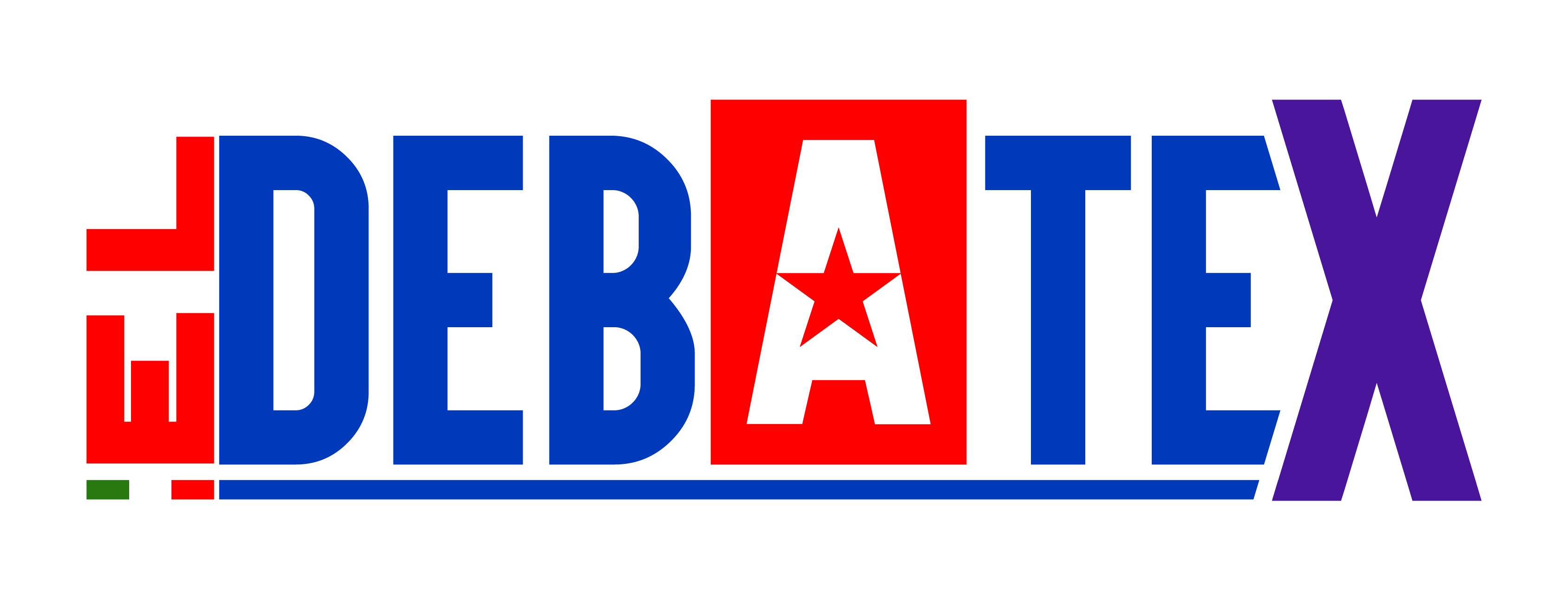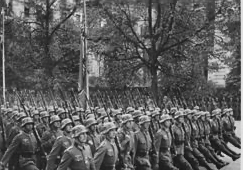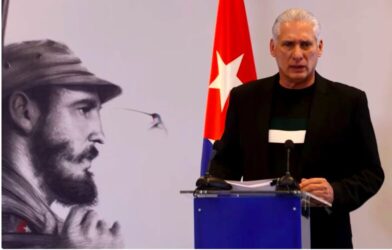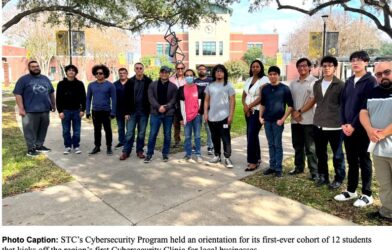IN SUMMARY
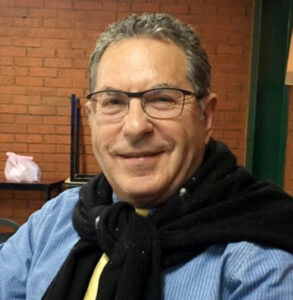
By Alfredo Cuéllar
“I would rather have newspapers without a government than a government without newspapers.”
— Thomas Jefferson
From *60 Minutes*: The Tremor at the Heart of Journalism
Veteran journalist Lesley Stahl, a longtime icon of *60 Minutes*, recently revealed that she and several colleagues considered mass resignation in response to corporate pressure to soften critical coverage of Donald Trump. The potential settlement between CBS and the former president to avoid a $20 billion lawsuit was the catalyst. The price? Editorial independence. Stahl warned this marked a turning point: media owners no longer simply fund the press—they now use it as a bargaining chip. Behind this urgency to negotiate with Trump, Stahl noted that a key government authorization was pending, needed to finalize the sale of CBS and Paramount, potentially influencing top-level editorial decisions. Political and economic pressures became entangled, placing the integrity of journalism at risk.
Media in the Hands of Billionaires: Guardians of Truth or Silent Executioners?
This phenomenon isn’t new, but it has intensified. Jeff Bezos owns *The Washington Post*; Rupert Murdoch controls *FOX News*, a symbol of ideological bias; Patrick Soon-Shiong has driven *The Los Angeles Times* into mass layoffs and editorial crisis. The uncomfortable question remains: can journalism survive when ownership prioritizes economic, political, or personal interests?
The Trump Model: Criminalize Journalists, Canonize the Lie
During his first term, Donald Trump labeled NPR, CNN, PBS, and *The New York Times* as “enemies of the people.” In his second term, the offensive has escalated: defunding public media, threatening journalists with lawsuits, and encouraging “digital militias” that viciously attack every critical voice. Press freedom is now a besieged trench.
The Press Under Attack: From Eastern Europe to Asia and Latin America
Hungary: Viktor Orbán has transformed the media landscape into a government propaganda machine. Over 80% of outlets now align with his regime.
Russia: The Kremlin poisons, imprisons, or exiles journalists. Critical outlets are shuttered; telling the truth is an act of suicide.
China: There is no free press. State control is absolute.
Mexico: The deadliest country in the Western Hemisphere for journalists. Since 2000, over 160 journalists have been murdered. In 2022 and 2023, Mexico surpassed Ukraine in journalist deaths—even without being at war. Many are killed for exposing corruption, narco-politics, or human rights violations. While governments offer condolences, impunity remains the norm.
Who Defends the Journalists?
In many countries, journalists face not only censorship or dismissal—they face death. Reporters Without Borders and the Committee to Protect Journalists report year after year that journalism has become a high-risk profession. In many parts of the world, telling the truth is nearly a death sentence. Society’s indifference to these crimes signals the deeper illness of our democracies.
Social Media: Valuable, But No Substitute for Journalism
Social media has democratized expression and amplified voices that once were silenced, but it must not be mistaken for independent journalism. It is not a replacement, nor an evolution of it—it is a different, often chaotic, arena.
First, because most content is created by people without journalistic training, editorial standards, or commitment to truth. Second, artificial intelligence and algorithms, driven by clicks and virality, distort relevance and spread misinformation without filters. Third, the lack of effective regulation has turned these platforms into fertile ground for fake news, propaganda, and conspiracy theories.
Moreover, the commercial interests of large tech companies favor polarization and scandal over context and depth. Most concerning of all, governments and power groups in many countries have learned to manipulate social media to silence journalism and discredit journalists.
Social platforms can be allies of journalism, but they are never a substitute. The difference lies not in the medium but in the method: journalism demands rigor, verification, and public accountability. In times of massive confusion, its value is more necessary than ever.
Free Press Is Not a Luxury: It Is a Public Good
Without independent media, there can be no informed citizenry. Without critical journalism, abuses of power go unchecked. Freedom of the press is not a favor granted by the state nor a concession of the market—it is a democratic necessity. Defending it is the responsibility of all, not just of journalists.
Conclusion:
What happens when journalists fall silent?
What remains is not silence, but the deafening noise of propaganda, fear, hatred… and an avalanche of unverified voices dressed as truth. If journalism is sold, silenced, or murdered, it will not be replaced by freedom, but by confusion. Now more than ever, defending journalism is not a luxury—it is an urgent way to defend ourselves and our democracy.
Contact: alfredocuellar@me.com
Alfredo Cuéllar is an academic, writer, and international lecturer. He has taught at Harvard and is the creator of the discipline Micropolitics.




